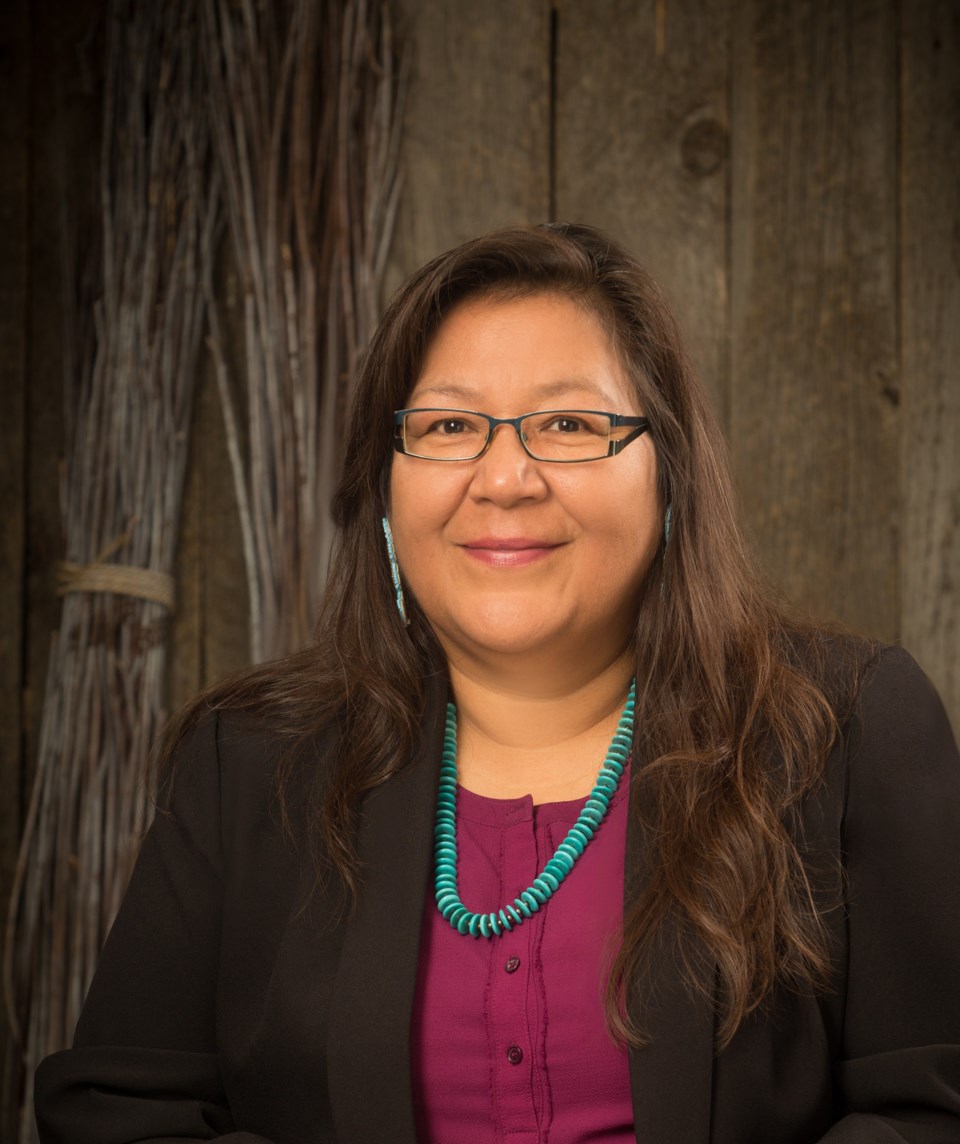At the core of helping someone is understanding them. Author Corrine McArthur recently spoke to the Yellowhead East branch of the Saskatchewan Association of Social Workers about her book Decolonizing the Healing Process from Sexual Trauma. McArthur currently works with the File Hills Qu’appelle Tribal Council Education department as the Mental health therapist and is a member of the Kahkewistahaw First Nation.
The book is about healing from sexual trauma, focusing on the healing process for First Nations clients and their families. McArthur said she has included traditional healing aspects, which could help a client and their family heal from having experienced sexual trauma.
Part of the reason for writing the book was to share information with non-indigenous counselors, to better allow them to support their indigenous clients who are seeking healing.
The meeting was a combination of a socially distanced in-person meeting combined with a Zoom call to allow people to attend virtually. While readings are more difficult than usual, McArthur believes that continuing education is vital for people who want to help. There are many First Nations people who are affected by sexual trauma, with the effects of the Residential School system resulting in broken boundaries and disconnects from family and culture. McArthur hopes that her book is able to help people heal.
“It’s not a First Nations problem, it’s a human problem, but the ones who are going without services are First Nations because they have no one who can see their world view or understand their world view.”
Deliberately aiming to write a book that wasn’t meant for just an academic audience, McArthur said that she wanted everyone to be able to understand it, because she believed that it would be able to help people heal on their own as well.
“There has to be something there… Western approaches, they always separate the mind from the body, while First Nations healing is holistic, the mind and the body is one. When a non-indigenous mental health counselor understands that, they will be able to best provide services for that First Nation and Indigenous client seeking help.”
Understanding each other is the core of the book, and McArthur said that if a non-Indigenous counselor has that understanding and knowledge of their clients, they will be better able to understand their clients and help them through their trauma.
“Indigenous people, they don’t stay in counseling very long, because they don’t feel like anyone understands what they’re saying.”
McArthur is currently researching another book in the mental health field.




